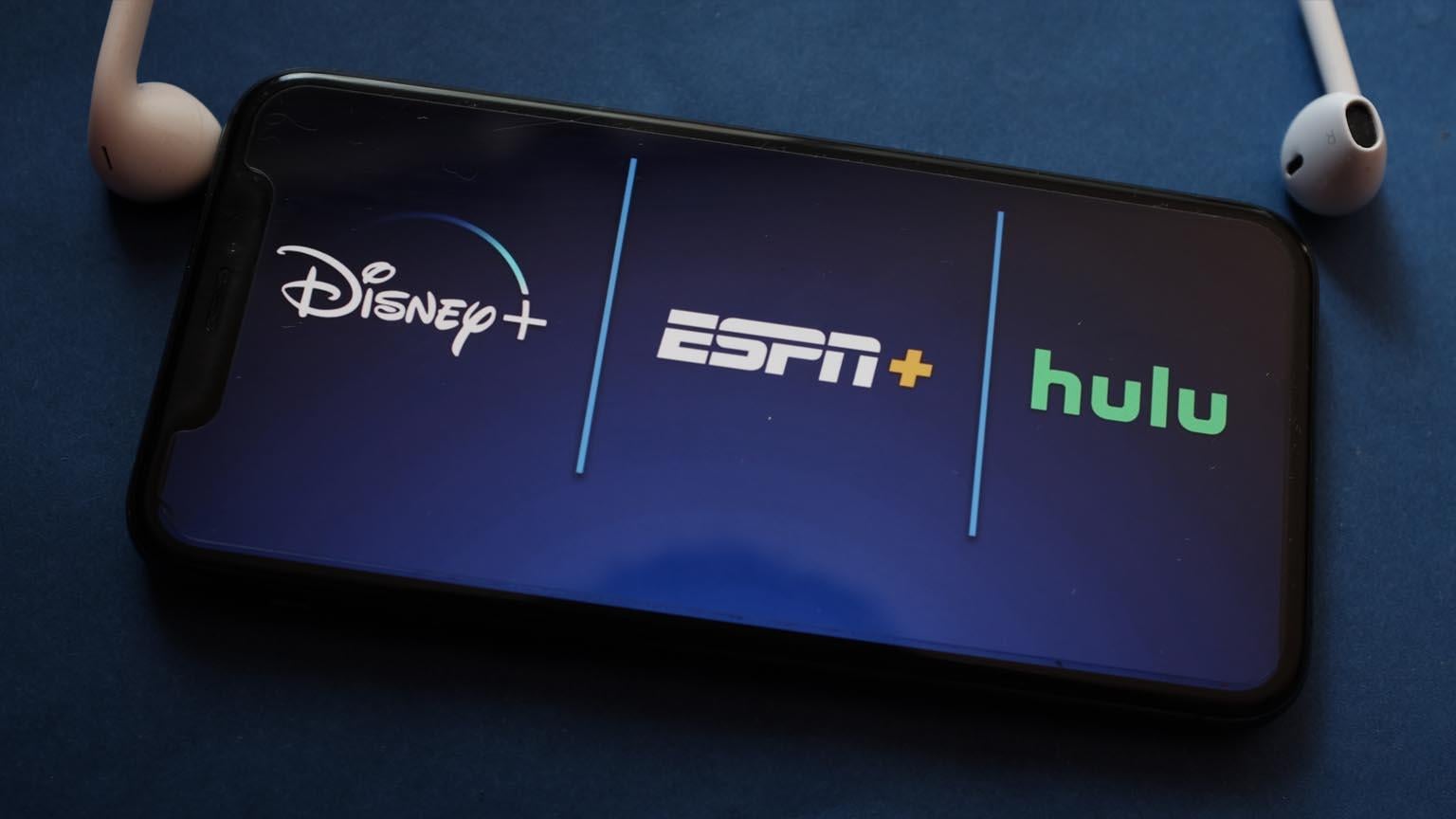Bundles May Not Be the Cure for Slow Streaming Growth After All
Bundles May Not Be the Cure for Slow Streaming Growth After All
New research from Omdia shows that bundles will continue to rise in prominence, but that the bundle is unlikely to replace more direct methods of selling streamers to viewers.

It seems fair to say that 2024 has been the year of the bundle so far. New products like the StreamSaver bundle of Apple TV+, Netflix and Peacock from Xfinity or the Disney+ Hulu Max Bundle are now available, and Charter Communications has seemingly partnered with just about every streaming provider to distribute services like AMC+, Paramount+ and others to its Spectrum TV customers at no additional costs. Streamers are increasingly willing to partner with other video, broadband or telecommunications providers to distribute their services in packages more attractive to consumers, but according to a new study from Omdia, bundles won’t be overtaking direct-to-consumer sales as the primary distribution method for streaming services any time soon.
Key Details:
- Bundling will generate 540 million streaming subscriptions by 2029, 25% of the global market.
- Markets where streaming is still finding a foothold will see bundling as especially effective.
- Nevertheless, DTC distribution will be the way most customers access their streaming plans in the future.
The bundle saves you $13/month on the ad-supported plan and $22 on the ad-free option!
According to Omdia’s data, streaming bundles created by TV, broadband, and mobile operators will increase to encompass 540 million global streaming subscriptions by 2029.
That number sounds impressive, but it’s not all that far off from where we are now. Currently, Omdia measures that 365 million streaming video subscriptions are distributed by bundle, representing 20% of the world’s total. In the United States, bundles account for 17% of all streaming subscriptions, and that number is only expected to rise to 21% in the next five years.
Many analysts have thought of bundles as a way for streamers to make their products easier to buy into because of the discounts they frequently offer, and harder to get rid of since a viewer has to cancel all subscriptions when they want to quit one of the streamers within the bundle.
Where Will Bundles Be the Most Effective?
Omdia’s data finds that in some markets where streaming is still finding its way to customers — such as the Middle East and Latin America — bundling will still be a crucial distribution method in the years to come. Bundles will add 40 million customers every year until 2029, but most will be sourced from regions like these.
“Consumer research reveals worrying levels of frustration with modern streaming services,” said Omdia’s principal analyst Tony Gunnarsson. “There are too many options, yet customers struggle to find the right content. The global TV and video industry has collectively failed to create a common platform that allows customers to access multiple streaming services in one bundle with a single monthly bill. Historically, this is the role that pay TV served. However, with the rise of Netflix and Amazon along with other popular streaming services such as Disney+, Max, or Paramount+, customers face a hopelessly fragmented entertainment marketplace.”
TV providers are still trying to fill this role. Spectrum TV has been the most active distributor in the United States to bundle its cable plans with streaming services, but DIRECTV recently won the ability to do likewise in its most recent carriage contract with Disney. Even so, Omdia says, direct-to-consumer distribution will remain the way most customers around the world get their streaming subscriptions.
”Telcos are alleviating some customer frustration by aggregating streaming services through existing TV, broadband and mobile offerings. However, our latest analysis suggests is that operator bundling of SVOD won’t address the fundamental challenges facing D2C,” Gunnarsson warns. “The TV and video industry must unite to tackle the issues of bundling and aggregation of streaming for customers; otherwise, we risk losing them to free alternatives, or worse, experiencing a resurgence of widespread piracy.”
Gunnarsson’s fears could be well-founded. Data from Nielsen shows that free streaming services have steadily increased in viewership in recent months; Tubi now accounts for 1.8% of all TV watched during the month, and The Roku Channel is up to 1.7%. They’ve already overtaken subscription services like Max and Paramount+, and they may not be done picking up new viewers.
Omdia sees the onset of more ad-supported streaming plans with their lower prices as the way forward for paid streaming services. Most already offer a plan with ads alongside ad-free options, giving customers greater choice in their entertainment budgets.
Bundles can be a useful tool in distributing subscription video streaming services, and in helping save customers money. But according to Omdia’s data, bundles alone will not solve the problem of growing customer frustration with the price and fragmented content offerings streamers bring with them.
Disney+ Hulu Max Bundle
Get 3 great streaming services at a 34-38% discount with the Disney+ Hulu Max Bundle. You’ll get family-friendly favorites, blockbuster movies, live sports, and the best dramas on TV. Sign up and stream the biggest hits from Disney, HBO, FX, Pixar, The Muppets, Star Wars, and Marvel. It’s an enormous library of TV and movies and one of the best values in streaming.


